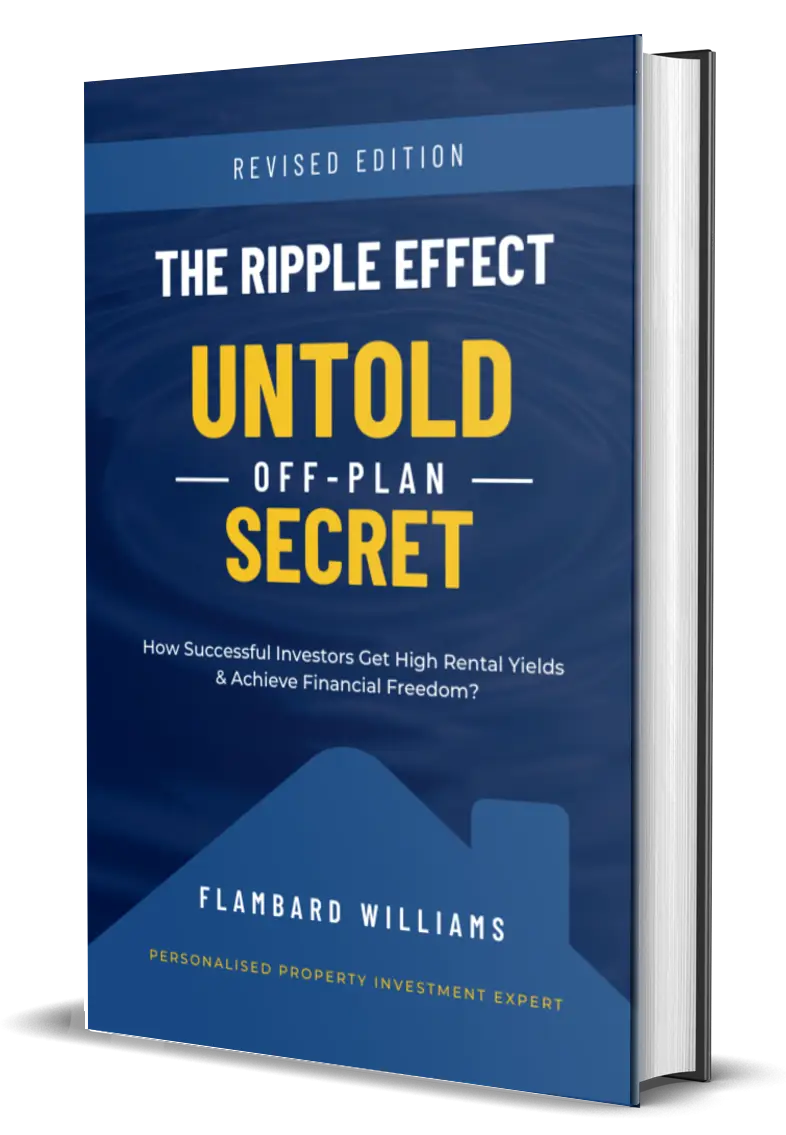Buy-to-Let Taxes in 2025: Tips, Facts and FAQs for Landlords
Download your FREE GUIDE to learn how to turn a £50,000 investment into £1,000,000!
Fill in the form below to download your free guide and explore exclusive off-market investment properties in the UK.
Over the years of working in the property investment space, I have witnessed how quickly taxes can decide whether or not a landlord succeeds.
Ignoring one can lower your earnings but knowing them can help you keep ahead and save money right now.
Whether it’s managing income tax on your rental earnings, planning for capital gains when you sell, or tackling stamp duty when you buy, these taxes are part and parcel of buy-to-let investing.


But the good news is, with the right knowledge and strategies, you can minimise their impact on your portfolio.
From managing rental income tax to planning for capital gains when selling, there’s always a way to make taxes work smarter, not harder, for your investment goals.
This guide will walk you through everything you need to know about buy-to-let taxes in 2025, with practical advice, clear examples and strategies to keep your portfolio growing.
BUY 1 PROPERTY, GET 1 FREE !
Double Your Investment Instantly

What Are Buy-to-Let Taxes?
Buy-to-let investments in the UK will have specific taxes that every landlord must be aware of in 2025. The major ones are quickly summarised here:
Income Tax
This is a tax on the profit you make from renting out your property. Profit is calculated as your total rental income minus allowable expenses like repairs, insurance, and letting agent fees.
The amount you pay depends on your overall income and falls into one of three brackets: 20% for basic-rate taxpayers, 40% for higher-rate taxpayers, and 45% for additional-rate taxpayers.

Inheritance Tax (IHT)
This tax applies when your estate, including any buy-to-let properties, is passed on after your death. IHT is charged at 40% on the portion of your estate that exceeds £325,000 for individuals or £650,000 for couples.
Capital Gains Tax (CGT)
When you sell a buy-to-let property for more than you paid for it, the profit is subject to CGT. The rates are 18% for those who pay basic tax and 28% for those who pay higher tax.
You can earn up to £6,000 tax-free if you're an individual, or £12,000 if you're part of a couple, each tax year.

Stamp Duty Land Tax (SDLT)
SDLT is charged when you purchase property in England or Northern Ireland. For additional properties, like buy-to-lets, there’s an extra 3% surcharge on top of standard SDLT rates.
For example, buying a £300,000 property would incur £11,500 in SDLT.
Quick Fact
Notably, 88.1% of these landlords claimed allowable expenses, highlighting the importance of understanding deductions to manage tax liabilities effectively.
Understanding these taxes isn’t just about following the rules; it’s about strategy. With smart planning, you can reduce liabilities, claim allowances, and keep your property investments profitable.
Now that we’ve covered the basics, let’s look at each tax in detail—what they are, how much you’ll pay, and how to save.
Stamp Duty Calculator
Do You Pay Tax on Buy-to-Let Property Income?
Yes, you do. Rental income is taxable and counts toward your overall earnings. The tax you pay depends on your total income, including any salary, and is calculated after deducting allowable expenses.
(for income up to £50,000)
(£50,001–£150,000)
(above £150,000)
Repairs, such as fixing broken plumbing.
Landlord insurance and service charges.
Letting agent fees for tenant management.
Professional fees for legal or tax advice
You own a rental property in Liverpool with an average monthly rent of £950, bringing in £11,400 annually.
After deducting £2,500 in allowable expenses (agent fees, insurance, and maintenance), your taxable income is £8,900.
If you earn a salary of £30,000, your total income remains within the basic tax rate band, meaning you’ll pay 20% tax on the rental profit (£1,780 in this case).
Knowing your allowable deductions is essential to reduce your tax bill.
Angel Gardens


Angel Gardens is located in an up-and-coming district of Liverpool. It is in close proximity to two major regeneration projects: the £150 million Project Jennifer and the £5.1 billion Liverpool Waters scheme.
£20k
10%
£1.5k



Property Price
What Is Capital Gains Tax (CGT) on Buy-to-Let Properties?
In the UK, when you sell a buy-to-let property for a profit, you are required to pay Capital Gains Tax (CGT) on the gain.
This is a crucial factor for property investors to consider, especially given the strong growth in UK property values in recent years.
The combination of rising property prices and the demand for rental properties has made the UK an attractive market for both rental income and capital appreciation.
However, understanding your CGT obligations is essential for effective financial planning.
If your total income (salary + rental profit + any other income) stays within the basic income tax band (£50,000 or less), you’ll pay 18% CGT on your taxable gain.
If your total income exceeds £50,000, any taxable capital gains are charged at 24%.
(if jointly owned)

Let’s say you bought a property in Manchester for £150,000 in 2018 and sold it in 2025 for £220,000.
You’ve spent £8,000 on renovations and £4,000 on sale-related fees.
Your gain is £58,000 (£220,000 – £150,000 – £8,000 – £4,000).
After applying the £6,000 CGT allowance, the taxable gain is £52,000.
If you’re a higher-rate taxpayer, you’ll owe 24% CGT, which totals £12,480.
Exclusive Off-Market Deals for Buy-to-Let Investors in the UK
- Manchester
Deposit
.
Yield
Property Price
.
- Manchester
Deposit
.
Yield
Property Price
.
Fill in the Form below to see ALL Exclusive Off-Market Properties
Do You Have to Pay Stamp Duty on Buy-to-Let Properties?
Yes, Stamp Duty Land Tax (SDLT) is unavoidable when purchasing an additional property, including buy-to-let homes.
What makes SDLT for landlords different is the 3% surcharge added to the standard rates for second homes. This tax needs to be factored into your upfront costs when buying a property.
£250,000
£250,001 to £925,000
£925,001 to £1.5 Million
£1.5 Million
Quick Fact
If you’re buying multiple properties at once, you might qualify for Multiple Dwellings Relief, which can reduce your SDLT bill.
You can also use a Stamp Duty calculator to get an accurate figure before making a purchase.
According to Statista, in the 2023/24 tax year, HMRC collected £11.61 billion in SDLT receipts, highlighting its significant role in property taxation.
Let’s say you’re purchasing a buy-to-let flat in Manchester for £300,000. The SDLT calculation would look like this:
- 3% on the first £250,000 = £7,500
- 8% on the remaining £50,000 = £4,000
- Total SDLT = £11,500
Unlock Financial Freedom with High-Yield Off-Plan Properties
Our experts curate personalised, high-yield property investment opportunities to meet your investment goals.
How Are Buy-to-Let Mortgages Taxed?
The rules around mortgage tax relief have changed dramatically in recent years.
Previously, landlords could deduct their mortgage interest from their rental income to reduce their taxable profits. Now, this has been replaced with a 20% tax credit, which can be less favourable for higher-rate taxpayers.

If your annual mortgage interest is £10,000, you’ll get a tax credit of £2,000 (20% of £10,000) to offset your tax bill. However, if you’re a higher-rate taxpayer, this may not fully cover the 40% tax on your rental profits. Many landlords are now forming limited companies to benefit from full mortgage interest relief. According to a report, in 2023, a record 50,004 Limited Companies were set up by landlords last year, up from 48,520 in 2022.
While this approach offers tax advantages, such as lower corporation tax rates (19%–25%), it comes with additional costs like administrative fees and dividend taxes.
However, given the complexities of buy-to-let mortgage taxation, it’s essential to calculate your potential costs and returns carefully. Using a buy-to-let mortgage calculator can help you:
- Assess monthly mortgage costs.
- Estimate rental yields and profitability.
- Understand property ownership: Personal vs. Limited company.
Discover your property’s earning potential with our Buy-to-Let Calculator.
Calculating your tax liability might feel overwhelming, but it’s easier when broken down step-by-step:

Add Up Rental Income
Include rent payments and any additional earnings from your property, like payments for cleaning or utility bills.
Deduct Allowable Expenses
Subtract costs such as maintenance, insurance, and letting fees.
Apply Your Tax Band
Determine the tax rate (20%, 40%, or 45%) based on your total income.

To help you with this, we’ve designed a Buy-to-Let Rental Income Calculator.
If you earn a salary of £40,000, your total income is £54,000. You’ll pay a 40% tax on the portion of your rental profit that exceeds £50,000.
Using tools like a buy-to-let income tax calculator can simplify the process and help you file your self-assessment tax return accurately.
However, before calculating your taxes, it’s important to first determine the potential rental income you could earn from your buy-to-let property.
This tool will estimate your potential rental income, giving you a clearer picture of your expected earnings and helping you make informed financial decisions before calculating your tax liability.
Download the E-Book to see how to become a Millionaire with just £50,000 of investment
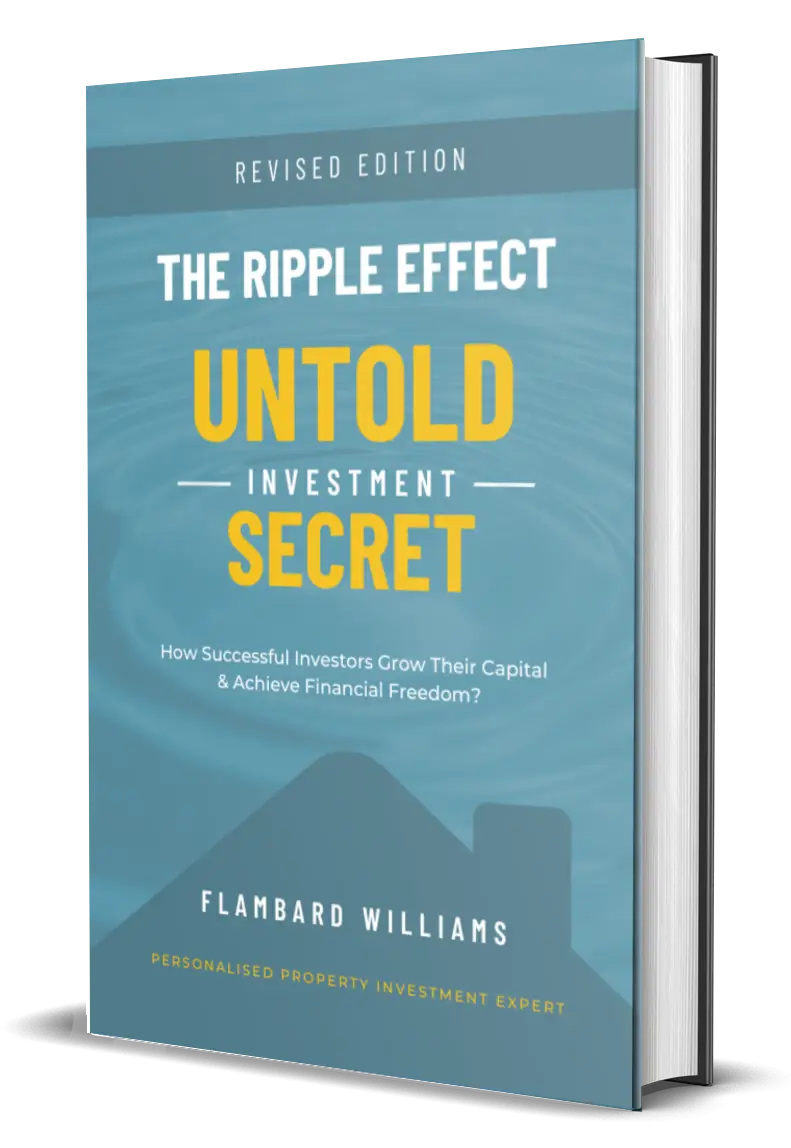
What Is Inheritance Tax (IHT) on Buy-to-Let Properties?
Inheritance Tax (IHT) is an important consideration for landlords with buy-to-let properties. This tax is applied to the total value of an estate, including property, savings, and investments, that exceeds the current threshold.
(if unused thresholds are transferred)
Quick Fact
There are ways to minimise IHT on buy-to-let properties:
- Use trusts to move property out of your estate.
- Transfer ownership to a spouse or civil partner (IHT-free).
- Consider life insurance policies specifically designed to cover IHT liabilities.
In the 2023/24 tax year IHT receipts totalled £7.5 billion, a record high for the UK.
Imagine you have a total estate worth £1 million, which includes buy-to-let properties in Manchester.
After applying the £325,000 threshold, the taxable amount is £675,000.
At a 40% tax rate, this results in an IHT bill of £270,000.
Advantages
- Corporation Tax: Limited companies pay 19% (small profits) or 25% (main rate) corporation tax, which is often lower than personal income tax for higher earners.
- Full Mortgage Interest Relief: Unlike individual landlords, companies can deduct 100% of mortgage interest as a business expense.
Disadvantages
- Dividend Tax: Any profits withdrawn as dividends are subject to dividend tax, ranging from 8.75% to 39.35%.
- No CGT Allowance: Individuals can claim a £6,000 CGT exemption in 2025, but limited companies cannot.
Should You Invest in a Buy-to-Let Property Through a Limited Company?
Many landlords are choosing to buy property through a limited company to take advantage of tax benefits, but it’s not the right solution for everyone. Here’s what you need to consider:

Quick Fact
Investing through a limited company works best for landlords with:
- Multiple properties in their portfolio.
- Plans to reinvest profits rather than withdraw them.
- A higher income tax rate.
Before making this decision, consult a tax advisor to evaluate the long-term costs and benefits based on your specific circumstances.
In fact you’ll be surprised to know that around 70% of new buy-to-let properties were purchased through limited companies in 2024, reflecting the growing popularity of this structure among landlords.
As an investor navigating the ever-evolving property market, understanding taxes is akin to managing the foundation of a well-structured property rental business. The key to maximizing net profit lies in leveraging the property allowance effectively while staying ahead of changes in stamp duty rates. Just as a seasoned landlord anticipates shifts in council tax, a strategic investor must align their financial planning with the nuances of property tax regulations.
Download the E-Book to Maximise your ROI
with our Ripple Effect Strategy!
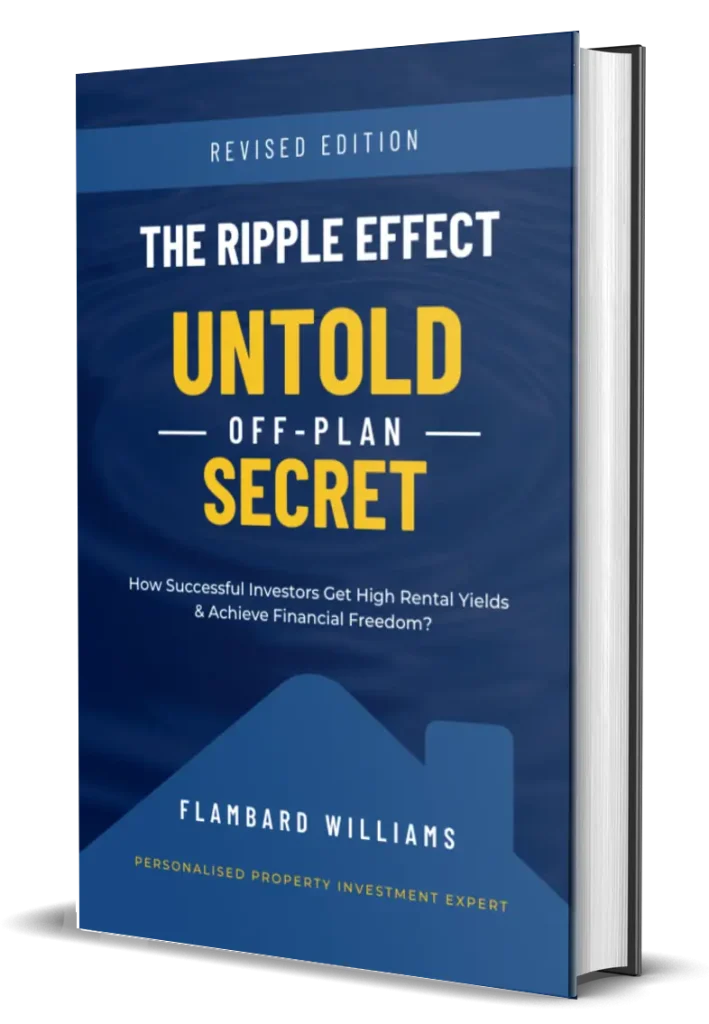
What Are the Latest Changes to Buy-to-Let Taxes in 2025?
For buy-to-let investors, the 2025 tax year has introduced many notable changes that will affect the tax landlords pay on their property income and transactions.

Key Changes in 2025
The 2025 tax year has introduced notable changes for buy-to-let investors, significantly impacting tax liabilities on property income and sales. Here’s a summary of the key updates:
Reduction in Capital Gains Tax (CGT) Allowance
- According to Gov.uk, the annual CGT exemption has been reduced to £6,000 per individual (down from £12,300 in 2022).
- For couples, the exemption is now £12,000, meaning landlords will pay CGT on a larger portion of profits when selling properties.
New Stamp Duty Land Tax (SDLT) Thresholds for Additional Properties
- In 2025, the 3% SDLT surcharge remains for buy-to-let and second homes, with the nil-rate threshold cut to £125,000, increasing costs for lower-value properties.
- SDLT receipts fell to £11.61 billion in 2023/24 from £15.36 billion in 2022/23, reflecting a decline due to changing market conditions.
Increased Tax Rates for Higher-Rate Taxpayers
- Landlords earning over £50,000 face increased tax burdens, with the higher rate of 40% and additional rate of 45% applying to more of their income.
How Can Landlords Reduce Tax Liability on Buy-to-Let Properties?
Reducing your tax liability requires a proactive approach. Here are some tried-and-tested strategies to help landlords retain more of their rental income and property sale profits:
Claim All Allowable Expenses
Deduct expenses like maintenance, repairs, letting agent fees, insurance, and legal costs.
Example: A £5,000 expense deduction on a £20,000 rental income reduces taxable profits to £15,000.
Time Property Sales Strategically
Sell properties in tax years where your income is lower to stay within the basic rate tax band (18% CGT).
Plan sales to coincide with years when you can fully utilise your CGT allowance.
Consider Limited Company Ownership
Limited companies offer full mortgage interest relief and lower corporation tax rates (19%-25%).
While this is more suitable for larger portfolios, it can significantly reduce overall tax exposure.
Offset CGT Gains with Losses
Use losses from other property sales to offset gains.
Example: If you sell one property for a £30,000 gain but incur a £10,000 loss on another, you’ll only pay CGT on £20,000.
Use Spousal Transfers
Transfer property ownership to a lower-earning spouse or partner to maximise their income tax and CGT allowances.
Example: A spouse earning under £50,000 pays only 20% on rental profits, compared to 40% for a higher-rate taxpayer.
Want to know more about available properties?
Book your free consultation now to get personalised investment plan and exclusive access to off-market properties from our experts!
Frequently Asked Questions
Landlords can deduct certain costs they incur while managing their properties. This includes expenses for upkeep and repairs, landlord insurance, utility bills, legal fees, letting agent fees, and advertising to find renters. It’s important to keep track of these expenses to lower the amount of rental income you have to pay taxes on.
Tax on rental income is paid through HMRC’s self-assessment system. Homeowners must register for self-assessment, file their tax returns by January 31 each year and pay the tax outstanding for the previous tax year. Using tools or hiring a professional tax advicer can make this process smoother.
Yes, landlords can lower their Capital Gains Tax (CGT) by using losses from selling other properties to balance out their gains. If the property was once their main home, they can also claim Private Residence Relief (PRR). Carefully timing the sale in a low-income year or using the £6,000 CGT allowance (2025) may also help.
When buying a second property, including buy-to-let properties, landlords must pay an additional 3% on top of standard Stamp Duty Land Tax (SDLT) rates. For example, purchasing a £300,000 buy-to-let property would incur an SDLT bill of £11,500.
Owning properties through a limited company offers tax advantages like full mortgage interest relief and lower corporation tax rates (19%-25%).
However, it’s not ideal for everyone due to dividend taxes (8.75%-39.35%) and the inability to claim CGT allowances. This structure is most suitable for high earners or landlords with large portfolios.
Landlords have multiple tools at hand to control profitability and taxes. Rental yield calculators split annual rental revenue by purchase price to find investment returns. A BTL mortgage calculator projects monthly payments.
An SDLT calculator also facilitates the computation of stamp duty expenses, such as £11,500 for a buy-to- let property valued at £300,000. Planning and properly managing buy-to- let investments depend on these instruments.






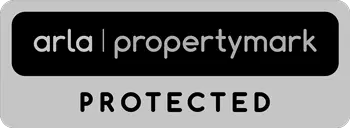


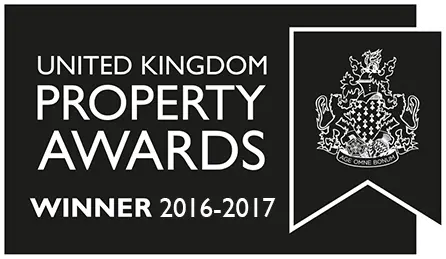

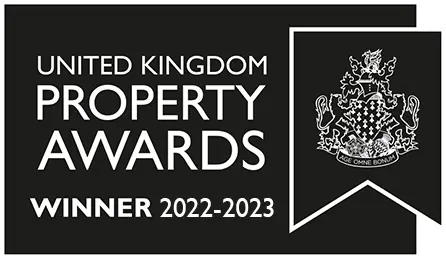
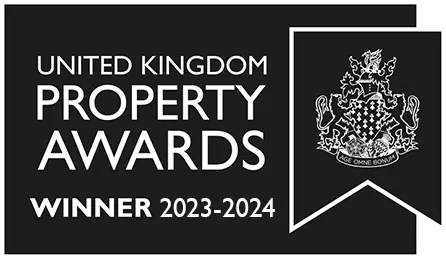





 Exclusive Property Launch Invitations
Exclusive Property Launch Invitations Customised Market Reports
Customised Market Reports Exclusive Access to Off-Market Properties
Exclusive Access to Off-Market Properties Networking Events
Networking Events